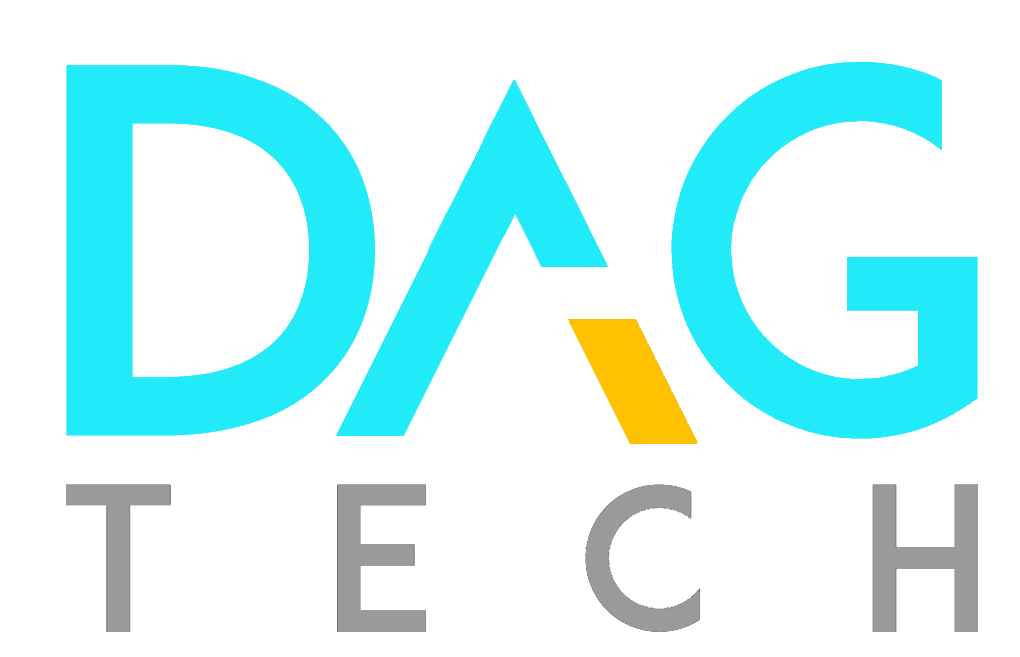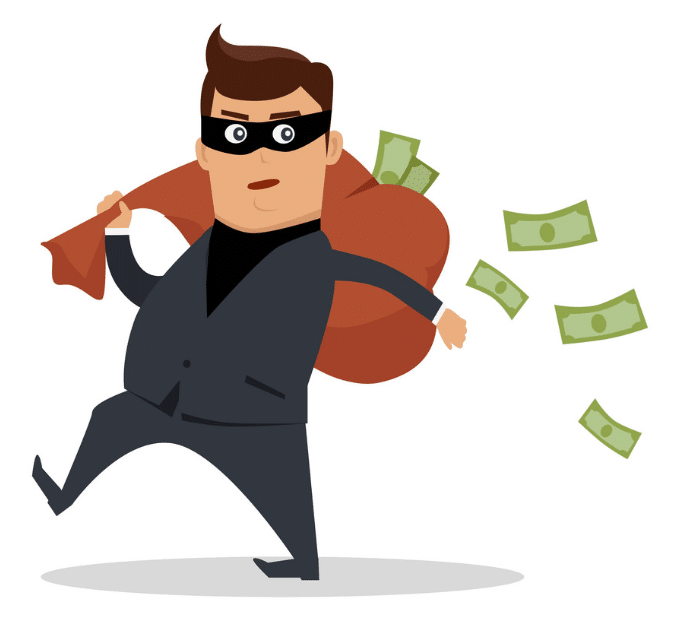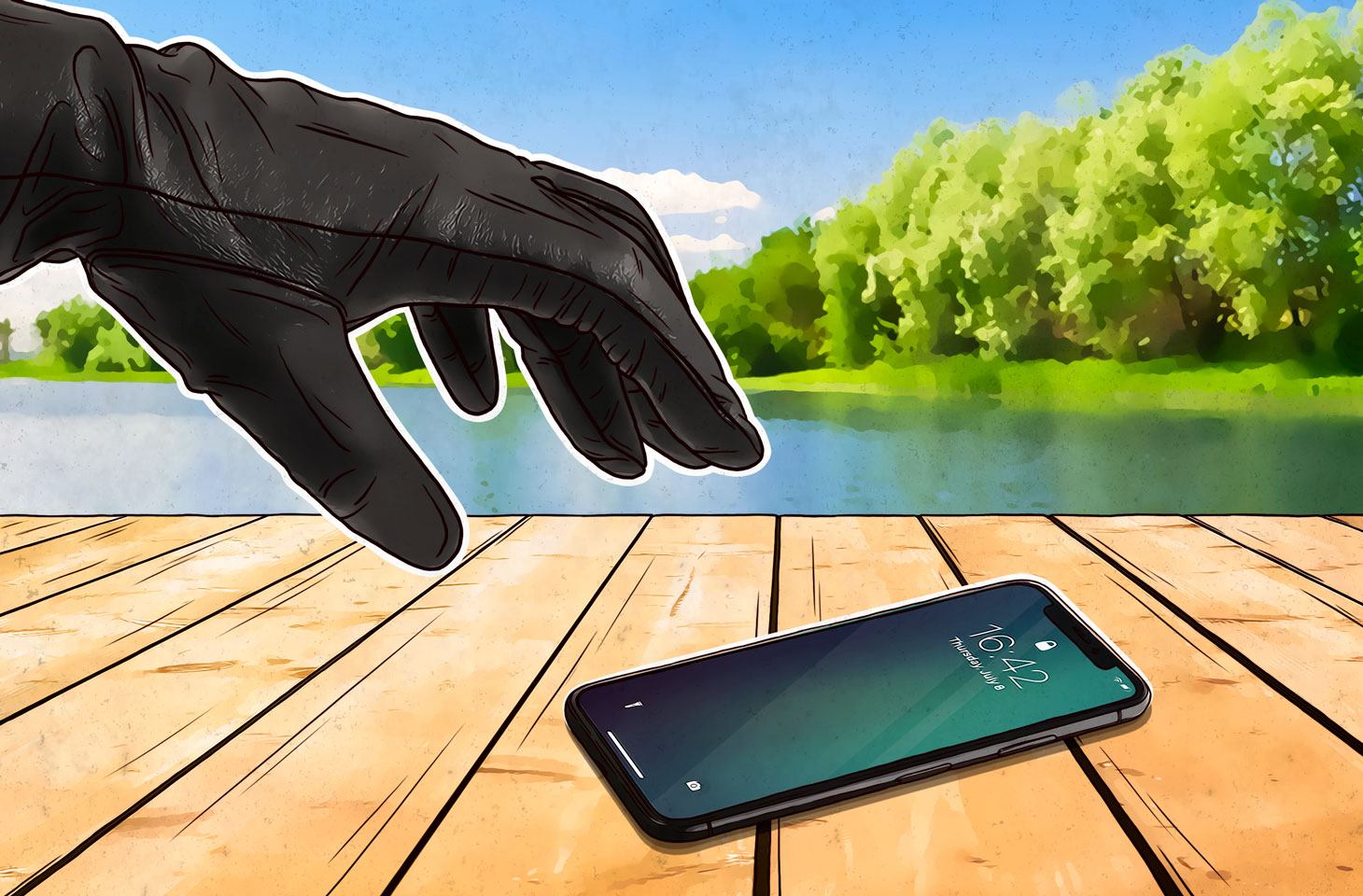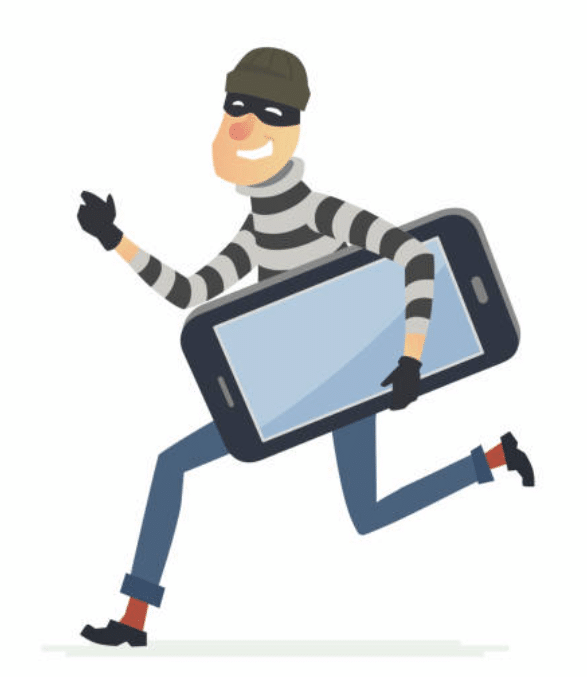What Should I Do If My iPhone Is Stolen?
What Should I Do If My iPhone Is Stolen? This post aims to provide a top-level overview of pro-active, prevention, and recovery methods.
The smartphone has become an indispensable part of our lives, and for many, the Apple iPhone is the go-to device for communication, organization, and even financial management. However, with great convenience comes great risk, especially when it comes to the security of your iPhone.
The theft of an iPhone isn’t just about losing a piece of hardware; it’s about safeguarding sensitive information and personal data from falling into the wrong hands.
Apple’s latest iOS 17.3 introduces a major security update called Stolen Device Protection which can greatly protect your information and assets.
The Importance of Your iPhone’s Data
Your iPhone contains a treasure trove of personal and sensitive information:
- Contact List – Your network of connections, friends, and colleagues.
- Text Messages – Conversations that may contain private or confidential information.
- Photos – Memories captured in images, including IDs, passports, and family pictures.
- Web Browsing History – Insights into your online activities and logins to various accounts.
- Banking Information Access – Access to financial accounts and transactions.
- Smart Car and House Apps – Control over smart devices and access to home security systems.
- Company Information – Work related communications and sensitive documents.
What are the different scenarios in which my iPhone can be lost or stolen?
- Stolen from public locations like restaurants, bars, airports, public transportation, or locker rooms
- Stolen from your house, your office, or your car
- Pick pocketed
- Accidentally left somewhere
Why do criminals want to steal your iPhone?
- Financial Gain: Transferring money from banking accounts, transferring cryptocurrency, or using Apple Pay to make purchases.
- Car Theft: Smart cars can be unlocked, robbed, or even driven away through smartphone apps.
- Data Theft: Seeking sensitive information for identity theft or resale.
- Device Resale: Stolen Apple devices can be sold to friends, pawn shops, or on the black market.
- Public Dissemination: If you are known to the public or in your industry, you may have sensitive information that could be used negatively.
- Intellectual Property: You may have specific information they want such as designs or corporate plans.
How do I PROTECT information on my iPhone BEFORE anything ever happens to it?
- Enable Multi-Factor Authentication (MFA) to your apps: MFA is an authentication method that requires the user to provide two or more verification factors to gain access to a resource. The most common method of MFA is sensitive applications which require a password or Face ID, and also verification of a text/SMS message.
- Activate Stolen Device Protection: This will make it harder to be locked out of your own iCloud account. How to setup Stolen Device Protection on iPhone by Apple.
- Enable Face ID: Use facial recognition on sensitive applications for secure authentication instead of password or pin number. How to setup Face ID by PCMag.
- Set up iCloud Backups: Ensure your settings, photos, videos, text messages, and application data are backed up securely, before your phone is lost. How to setup iCloud backups by HelloTech.
- Set up auto destruct: Enable Erase After 10 Failed log in attempts. How to setup Erase All Data After 10 failed passcode attempts from Apple Insider.
- Use Strong PINs: Opt for a 6-digit PIN instead of a 4-digit one.
- Optimize Screen Timeout: Reduce the screen timeout to as little as 30 seconds to minimize unauthorized access. This will lock your phone quickly if you walk away from it. How to change your Screen Timeout on an Iphone by LifeWire.
- Secure Password Management: Store passwords in a secure password manager instead of plaintext notes or trying to by trying to memorize them. In the event of a lost of stolen iPhone, it will slow you down trying to reset all the passwords.
- Freeze Your Credit Reports: This blocks someone from applying for loans under your name. How to Freeze Your Credit from nerdwallet.
How do I PREVENT my iPhone from being stolen?
- Don’t give anyone your PIN or allow them to see you entering it. Use Face ID whenever possible!
- Don’t hand your iPhone to anyone even if they are being friendly.
- Don’t leave it unattended in public places.
- Don’t leave it easily accessible or in easily accessible pockets.
- Stay aware of your surroundings and potential threats.
How do strangers try to get your PIN, steal your iPhone, and then access your information?
- They watch you enter it, or you hand them your phone and they ask for the PIN, sometimes saying the screen lock kicked in.
- Either that person or a second person physically steals the device.
- Now that they have the device and the PIN, they quickly change the iCloud password, turn off Find My and lock you out of your phone and account!
- They can now access all your data, potentially get into your banking apps, and use your phone for Apple Pay purchases.
What should I do if my iPhone is stolen?
The best recovery methods vary based on what the scenario is:
If you are sure someone DOES NOT have your PIN or never had access to the unlocked device:
- Go to iCloud, turn on Lost Mode – this prevents others from accessing personal information and allows you to display a message on the iPhone screen stating that it is lost, with a message you can create with instructions on how to contact you.
- Locate the iPhone in iCloud Find Devices and see if you can safely retrieve it.
- Report your iPhone stolen to authorities such as 911.
- If you decide there isn’t a good chance you will recover your phone, it is best to erase the lost iPhone from iCloud.
- You will have to purchase a new device, or if you have AppleCare+ Theft and Loss Coverage you can request a new phone.
If you think they have your PIN number or they had/have access to the unlocked device, and you CAN log in to iCloud:
- Change your Apple ID password immediately. It is a race to change your Apple ID password on appleid.apple.com before the thief does it first.
- If you can not quickly retrieve your iPhone, erase the iPhone on iCloud.
- Change your banking and all other passwords, in order from the most important.
- Report your iPhone lost to your carrier. This is important to disable text message verification (MFA) from coming through.
- Report your iPhone lost to Apple by calling 1-800-MY-APPLE.
- Report your iPhone lost to authorities such as 911.
- Check banking accounts for transfers and purchases you did not initiate.
- You will have to purchase a new device, or if you have AppleCare+ Theft and Loss Coverage you can request a new phone.
If you think they have your PIN number or they had/have access to the unlocked device, and you CAN NOT log in to iCloud:
- Call your carrier and suspend service – this will shut down text messaging, MFA, and the ability of someone to pretend they are you on voice calls. This is important to stop the thief from being to access accounts.
- Change your banking and all other passwords, in order from the most important.
- Report your iPhone lost to Apple and your loss of iCloud access by calling 1-800-MY-APPLE.
- Report your iPhone stolen to authorities such as 911.
- Check banking accounts for transfers and purchases you did not initiate.
- You will have to purchase a new device, or if you have AppleCare+ Theft and Loss Coverage you can request a new phone.
Conclusion
Your iPhone is more than just a device; it’s a repository of your digital life. Protecting it goes beyond physical security; it’s about safeguarding your personal and financial well-being. By implementing robust security measures and staying vigilant, you can minimize the risks associated with iPhone theft and keep your data safe from unauthorized access and exploitation.
With these proactive steps, you can fortify your iPhone against theft and ensure that your important data remains secure, even in the face of potential threats.
DAG Tech is a provider of managed cybersecurity for business. Please REQUEST IT SERVICES if you would like to learn how we can help protect your business.
Legal Disclaimer
The information provided in this article is for educational and informational purposes only. While every effort has been made to ensure the accuracy and reliability of the information presented, the authors and publishers make no representations or warranties of any kind, express or implied, about the completeness, accuracy, reliability, suitability, or availability with respect to the content contained herein.




